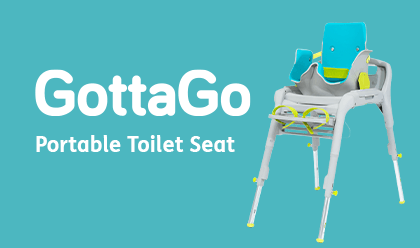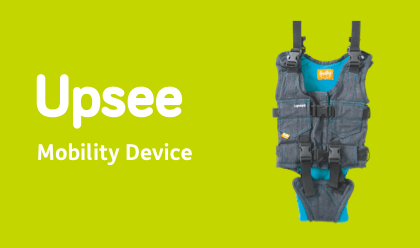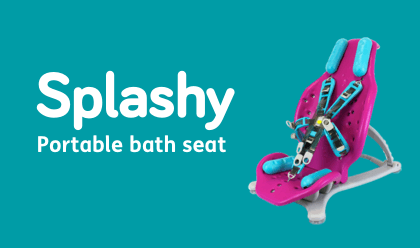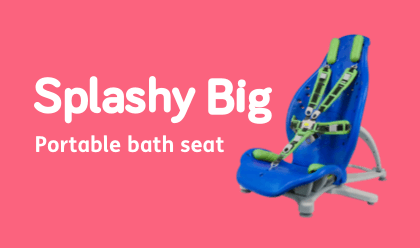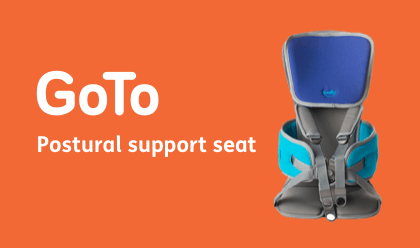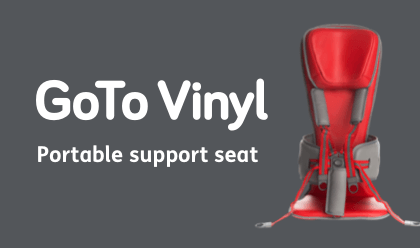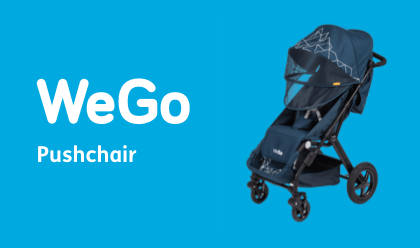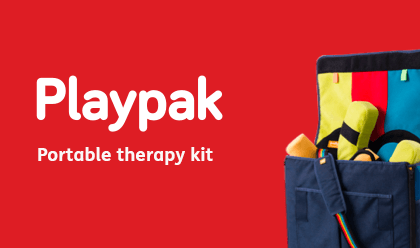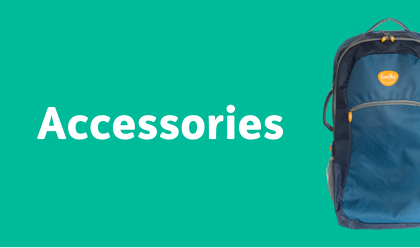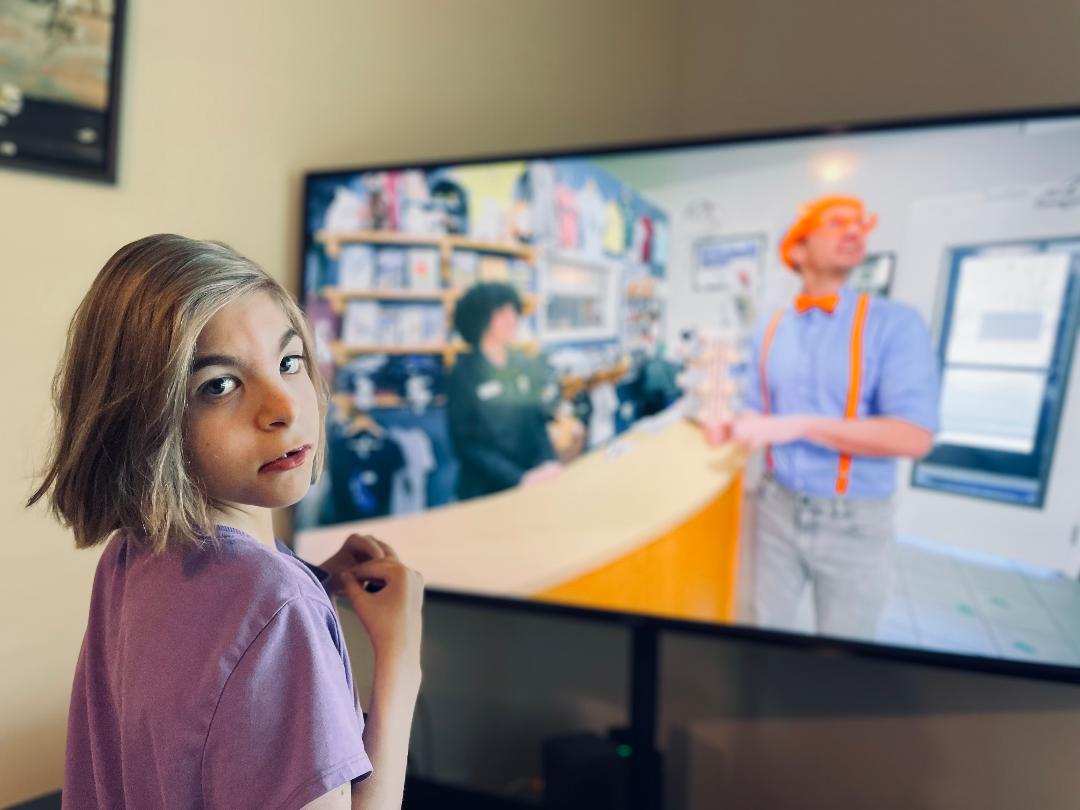Public Inconvenience
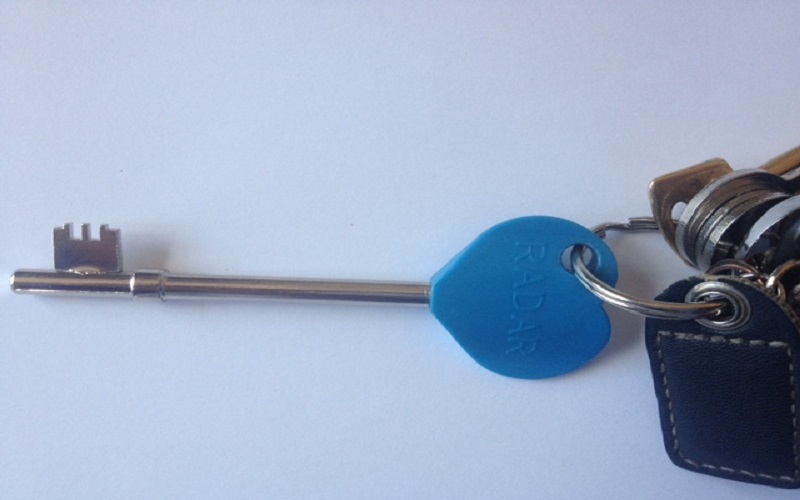
It is, of course, a RADAR key.
The RADAR National Key Scheme is a nationally recognised scheme that provides access via a user-held key to (so-called) accessible toilets, which often must be kept locked to counter vandalism and misuse. Of course, there are many accessible toilets that are left unlocked, but Sod’s Law states that when you’re desperate the only nearby suitable toilet will be part of the key scheme.
You see, if either Freddie, or myself, needs the toilet while we are out, we have to use the accessible, or ‘disabled’ toilet.
My youngest son, Freddie, has learning difficulties, developmental delay, hypotonia, and poor fine motor skills: all of which mean he needs some help and supervision when using the toilet.
I certainly couldn’t leave him waiting outside the ladies’ while I go to the loo; he is vulnerable, has no sense of danger, no fear or mistrust of strangers, and is apt to get distracted and wander off.
But this little key (which is actually quite big compared to my other keys) is not only the key to a day out, but also the key to the realisation of just how much misunderstanding there is about so-called ‘disabled’ toilets.
I’ll spare you a lecture on the absurdity of that phrase, because I’m not talking about misunderstandings in English grammar, but about the general misconceptions regarding which people might need to use an accessible toilet.
Because, despite the recent appearance of notices stating that ‘not all disabilities are visible’, many non-disabled people still seem to believe that ‘disabled’ toilets are only intended for wheelchair users.
Cue dirty looks, tutting, and even snide whispers when an ‘able-bodied’* woman (like me) takes an ‘able-bodied’* child (like Freddie) into one.
Not only do we need to use the accessible toilet, we’re pretty much obliged to.
Although there is no set legal limit, commonly accepted safeguarding guidelines state that children over the age of eight should not use toilets/changing rooms designated for the opposite sex, and many public places incorporate these guidelines into their policy.
Freddie is nearly ten, well over the age at which it is generally considered appropriate for a boy to go into the ladies’ toilet, and I am definitely far too old to go into the gents’ with him.
But it isn’t the fact that some busybody might complain that stops me from taking him into the ladies’ (probably the same person who rolls their eyes when I take him into the ‘disabled’ toilet): because for every one of those there will be half-a-dozen who’ll say ‘Oh go on in, duck, I don’t mind’.
The reason I don’t take him in is because this isn’t about what other people think, it’s about Freddie, and his dignity and comfort.
Not only is there not much room for two people in a standard toilet stall, there isn’t all that much privacy either.
We can be overheard whilst inside the stall, and when we come out to wash our hands he can be seen, a growing boy in the ladies’ toilets.
It’s not good for his confidence, or his self-esteem, it’s not good for him full-stop.
It makes him a figure of pity; it’s embarrassing for him.
You see, having a learning disability doesn’t mean that you are not aware.
It doesn’t mean that things like this don’t matter to the individual – they DO.
Perhaps you think it is unfair of me to complain about the general lack of understanding regarding accessible toilets, and perhaps it is.
After all most people don’t need to use them, and so, naturally, they don’t think about them – it’s none of their concern.
But it should concern all of us.
And not just in the interests of a fairer society for all, but out of self-interest (often the greatest motivator of all).
Disabled people form the largest minority group on earth.
And, uniquely, it is the only minority group that any one of us could join at any time. If you, or someone you love, joined this group tomorrow, hopefully you would be among the lucky ones, like Freddie and me, for whom a standard accessible cubicle is suitable, because we can almost always find one when we need to, even if we have to carry a special key to get into them.
But if you were to find yourself among the quarter of a million or so members of the population who require a height-adjustable adult-sized bench and/or a hoist to fulfil their toileting needs (often referred to as a Changing Places toilet), you would find that, far from being only for wheelchair users, many standard ‘accessible’ toilets are completely unsuitable for some wheelchair users.
For them, and their families/carers, my little key would not unlock the door to dignity, and a nice day out with the family, nor even a trip out to buy essentials, or a visit to the doctor, or any other of the countless errands, outings and necessary excursions that the rest of us take for granted every day.
For them the key is held by other people, people who grumble: ‘it’s far too expensive to install and maintain such facilities,’ or ‘why should we have to provide facilities like that?’ or even ‘they should just stay at home.’
There are more ordinary public toilets in Wembley Stadium alone than there are Changing Places toilets in the whole of the country.
This situation is one of the most eloquent demonstrations of the Social Model of disability – where people are unable to participate in certain things not because their ‘condition’ or ‘impairment’ prevents them from being able to, but because society makes it impossible by failing to cater for their needs.
But it could so easily do so.
Where the key to this really lies is in a shift away from the ‘why should we?’ attitude to one of ‘why shouldn’t we?’
After all, there but for the grace of God ...
To find out why not all ‘disabled’ toilets are suitable for all disabled people, or to learn more about the Changing Places campaign visit here.
*Actually ‘able-bodied’ is not a term I use myself, I prefer ‘non-disabled’, because there are disabilities that are not physical, and disabilities that do not appear to be physical, or are not ‘visible’ at all.
